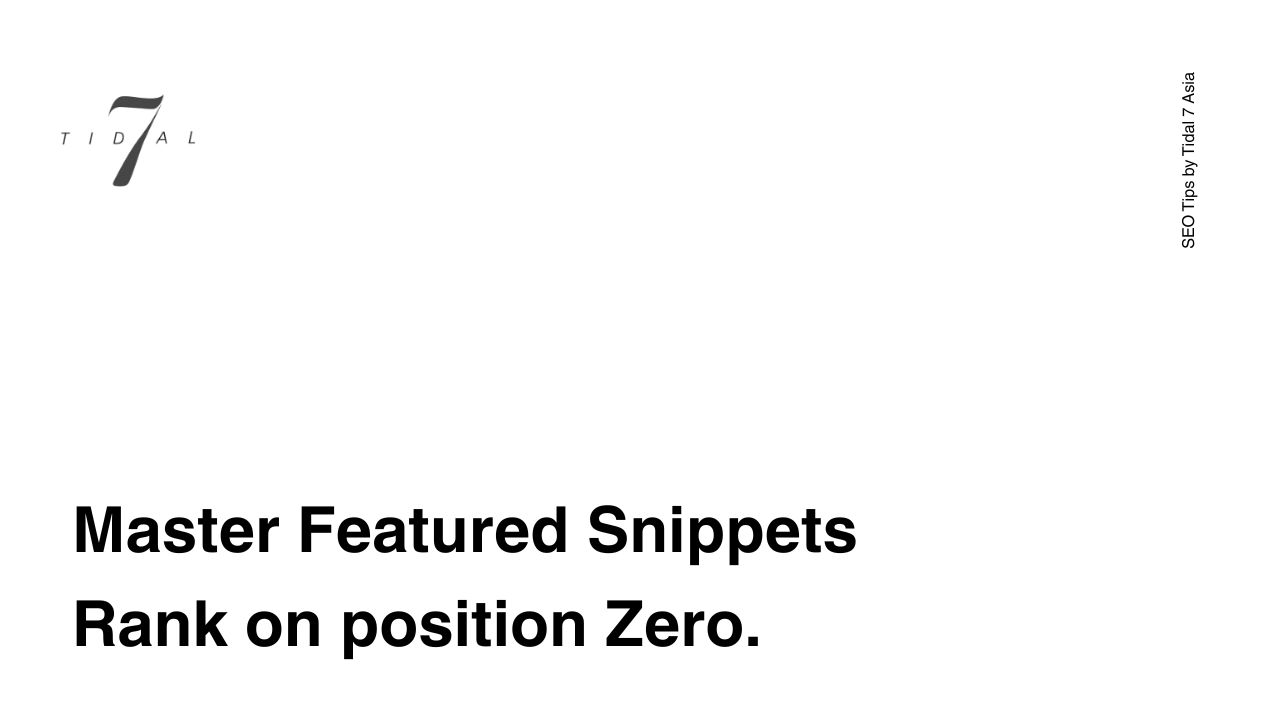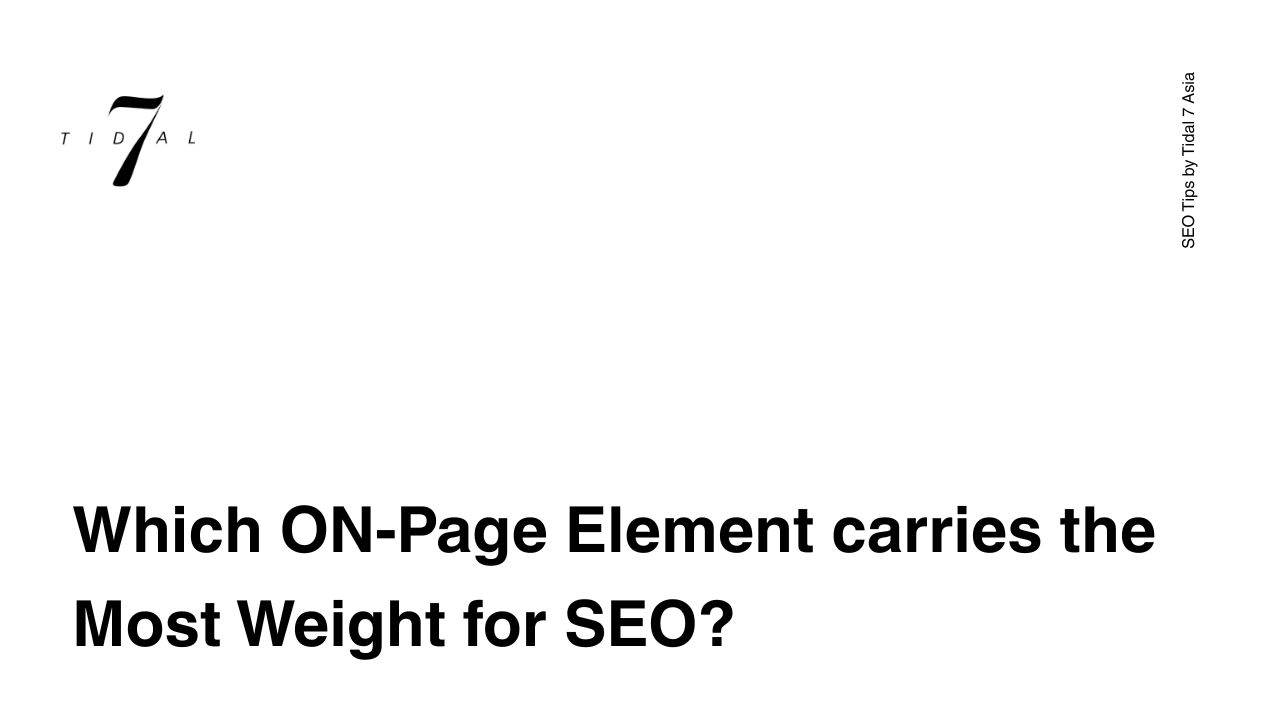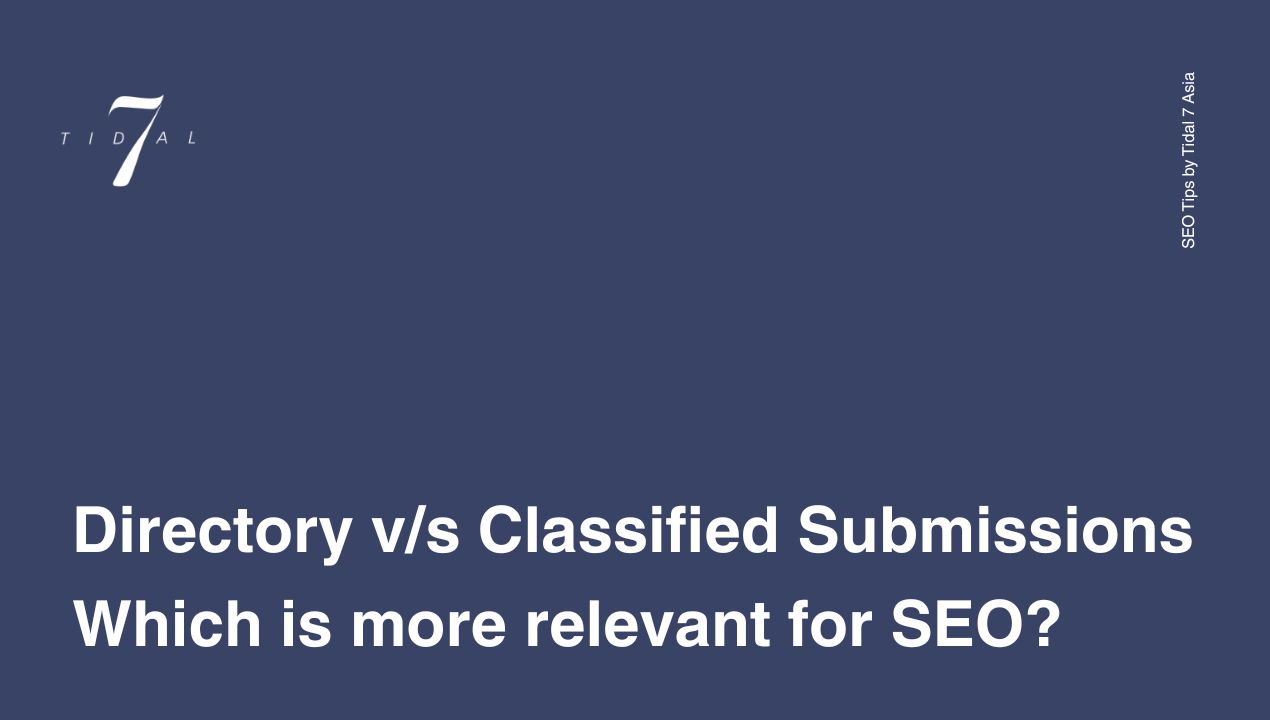
What Is a Featured Snippet in SEO? The Ultimate Guide to Owning Position Zero
What Is a Featured Snippet in SEO?
Ever Googled a question and found the answer right at the top of the page, without clicking any links? That concise, boxed content is called a featured snippet. But what exactly is a featured snippet in SEO, and why do marketers obsess over it?
Let’s break it down.
Understanding Featured Snippets
A featured snippet is a highlighted search result that appears above all organic listings (often called position zero). It provides a direct, quick answer to the user’s query, pulled from a webpage that Google deems most relevant.
Types of Featured Snippets
- Paragraph Snippets – A brief answer in text form.
- List Snippets – Ordered or unordered lists (e.g., steps, rankings, tips).
- Table Snippets – Data presented in a table format.
- Video Snippets – Typically pulled from YouTube, often timestamped.
These snippets are meant to offer immediate value to users, especially for question-based or how-to queries.
Why Featured Snippets Matter for SEO
Featured snippets are more than just real estate on Google’s front page—they’re an opportunity.
✅ Increased Visibility
Snippets appear above the #1 result, making them the most visible section in organic search.
✅ Higher Click-Through Rates (CTR)
Contrary to belief, snippets don’t always steal clicks—they often increase CTR for the source site, especially when the snippet only gives a teaser of the answer.
✅ Authority & Trust
Getting featured can signal to both users and search engines that your content is trustworthy and authoritative.
How Google Chooses Featured Snippets
Google’s algorithm selects content that:
- Directly answers the searcher’s query
- Comes from a high-quality, authoritative page
- Uses structured formatting (headings, lists, tables)
- Ranks on the first page (typically top 10 results)
Importantly, you don’t need to be the #1 result to get the snippet—content ranked #2–#5 often wins position zero.
How to Optimize for Featured Snippets
Now that you know what a featured snippet in SEO is, let’s talk strategy. How do you get your content featured?
1. Target Question-Based Queries
Use tools like AnswerThePublic or Google’s “People Also Ask” section to find common questions in your niche.
2. Use Proper Formatting
- Answer the query in the first 40–60 words
- Use bullet points or numbered lists for step-by-step content
- Create clear subheadings using H2/H3 tags
3. Include Definitions and Summaries
If someone searches “What is X?”, make sure you provide a definition in the first few lines of the content.
4. Improve On-Page SEO
Make sure the page loads fast, is mobile-friendly, and has a high readability score.
5. Use Schema Markup
Adding structured data helps search engines understand your content better, though it’s not a requirement for snippets.
Common Mistakes to Avoid
❌ Keyword Stuffing
Don’t overload your paragraph with keywords. Google prefers natural language.
❌ Ignoring User Intent
If the user wants a list, don’t give them a long-form essay. Match the format to the query.
❌ Overcomplicating the Answer
Simple, concise answers win the snippet. Get to the point quickly.
Tools to Help You Win Featured Snippets
Here are some useful tools that can help you identify snippet opportunities:
- SEMrush – Shows if a keyword triggers a featured snippet and who currently owns it.
- Ahrefs – Great for tracking keyword rankings and identifying featured snippet opportunities.
- Surfer SEO – Helps you structure content that’s optimized for on-page SEO.
Frase.io – AI-driven tool that shows what content format Google favors for specific queries.
Are Featured Snippets Always Beneficial?
Not always. Here’s why:
- Zero-click searches: Sometimes users get all the info they need from the snippet and don’t click through.
- Lost context: Complex topics may be oversimplified.
Still, in most cases, having your content featured helps build brand awareness, authority, and long-term SEO equity.




